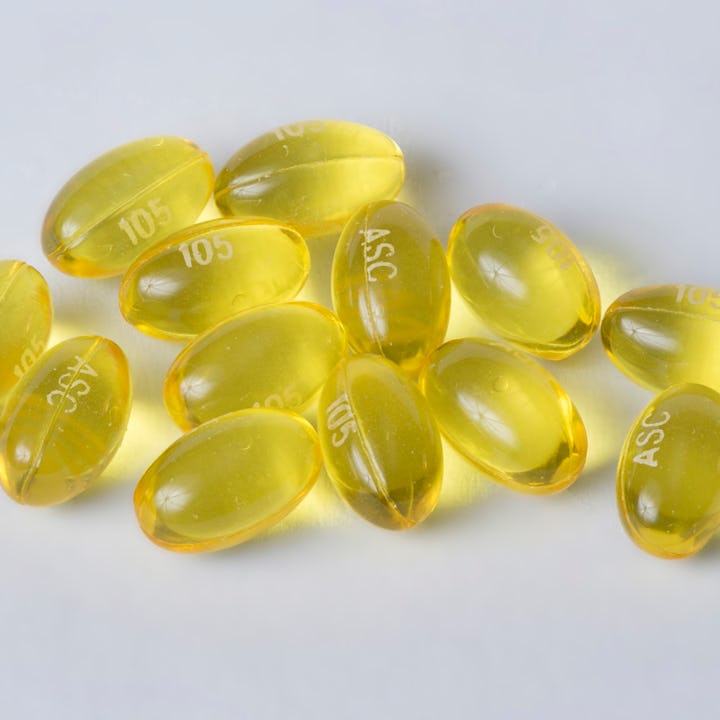FDA Links Rise In Poison Control Center Calls To A Popularly Prescribed Cough Medicine
Benzonatate, sold under the brand name Tessalon, has been linked to a rise in reports of pediatric poisonings.

A new study published by the FDA found a 158% increase in pediatric poison control calls over an eight-year period linked to a popular cough medicine. Benzonatate, which is sold under the brand name Tessalon, is supposed to be prescribed to children 10 or older, and most accidental ingestions of the gel capsule happened in children five or younger.
According to the study, published in the journal Pediatrics, looked at over 4,600 cases reported to poison control centers from 2010 to 2018. The FDA reports that 77% of the cases reported to poison control centers were “unintentional exposures,” 83% of which involved children between the ages of 0 and 5 years.
Fortunately, the percentage of cases with dire or fatal consequences was low. Still, the FDA warns that inappropriate use of the drug — which was found in 59 cases in reports of ingestion by 10 to 16-year-olds — can lead to serious health issues, including convulsions, cardiac arrest, and death. Symptoms of a potential overdose include restlessness, tremors, convulsions, or coma.
The uptick in poison control calls coincides with public health efforts to curb inappropriate use of cough medications that contain narcotics, including opioids. According to the National Library of Medicine, benzonatate is the only non-narcotic prescription cough medicine available in the United States.
The report also serves as a reminder to parents to keep their own prescriptions out of reach and out of sight, like in a locked cabinet with a shelf too high for young ones to reach. Tessalon comes in a clear, gel capsule, which has a candy-like appearance, which is something the FDA believes factors into the increase in poison control calls.
It’s also a warning to not use leftover Tessalon like one would an over the counter medicine to treat a child’s cough without consulting their pediatrician first.
Cough medications "should be treated like any other medication that can have serious side effects," Dr. Nusheen Ameenuddin, a peditrician at the Mayo Clinic in Rochester, Minnesota, told NBC News. "[This] means not giving it to children without specific medical direction."